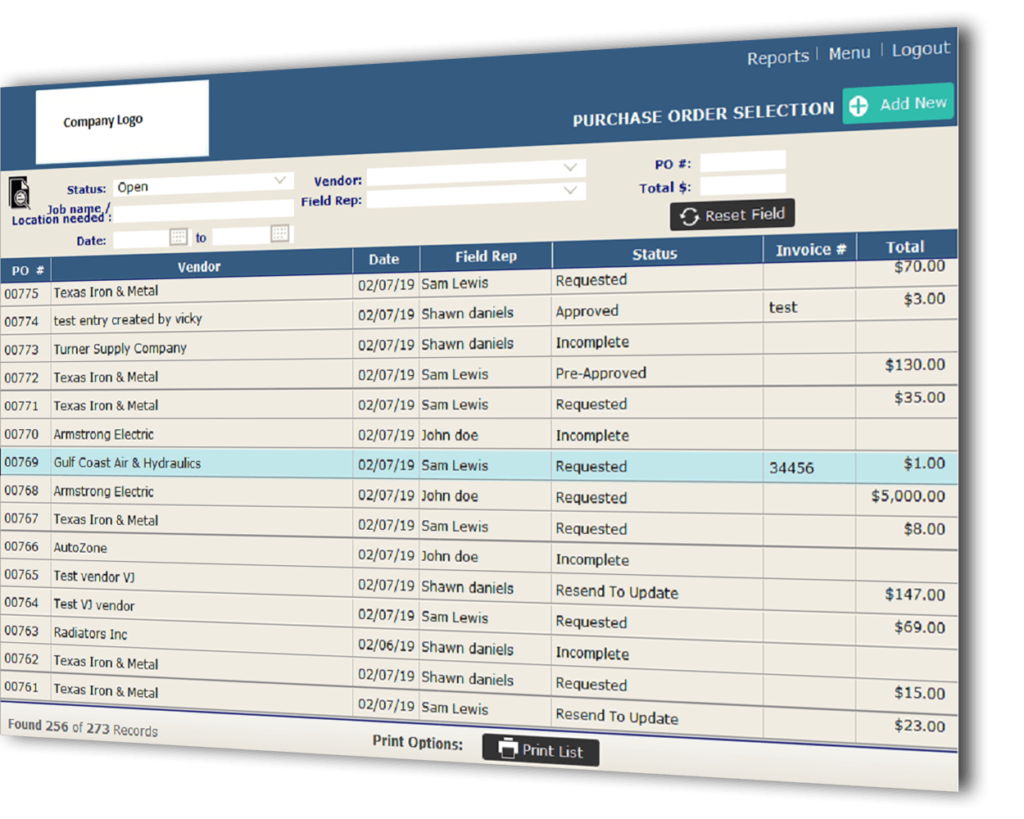Understanding Online Purchase Order Systems
Before diving into strategies, it’s crucial to understand the fundamentals of online purchase order systems. A purchase order system, commonly referred to as a PO system, is a digital platform designed to streamline the procurement process. It allows businesses to create, approve, and manage purchase orders efficiently.
At the heart of every purchase order system lies Purchase Order software, which automates various procurement tasks such as order generation, vendor management, and invoice processing. This software enhances efficiency and accuracy, making it an indispensable tool for modern businesses.
With the complexity of modern supply chains, businesses require robust purchase order management systems to stay competitive. These systems offer features such as real-time tracking, inventory management, and reporting capabilities, enabling businesses to make informed decisions and overcome procurement challenges effectively.
Implementing an online purchase order system not only streamlines procurement processes but also contributes to environmental sustainability by reducing paper usage, eliminating manual errors, and minimising transportation emissions.
Strategies for Procurement Success
Effective utilisation of online purchase order systems can help businesses overcome procurement challenges and achieve success. Here are some strategies:
- Streamlined Processes: Implement streamlined procurement processes using online purchase order systems to reduce manual errors and processing times.
- Vendor Collaboration: Foster collaboration with suppliers through online purchase order systems, facilitating better communication and relationship management.
- Cost Control: Utilise purchase order systems to monitor and control costs by setting budget limits, negotiating favourable terms with suppliers, and tracking expenses.
- Compliance Management: Ensure compliance with regulations and internal policies by incorporating compliance features into purchase order systems, such as approval workflows and audit trails.
- Performance Monitoring: Use analytics and reporting tools provided by purchase order systems to monitor supplier performance, track key performance indicators, and identify areas for improvement.
- Integration: Ensure seamless integration of purchase order systems with existing ERP, accounting, and inventory management systems to avoid data silos and streamline processes.
- Training and Adoption: Provide comprehensive training to employees to ensure proper adoption and usage of purchase order systems, maximising their effectiveness.
- Data Security: Implement robust cybersecurity measures to protect sensitive procurement data stored within purchase order systems from potential threats and breaches.
- Scalability: Choose purchase order systems that offer scalability to accommodate business growth and evolving procurement needs without compromising performance.
By implementing these strategies, businesses can leverage the capabilities of online purchase order systems to navigate procurement challenges effectively and achieve their strategic objectives.
Challenges and Considerations
While online purchase order systems offer numerous benefits, businesses must also be aware of potential challenges and considerations:
- Electronic Waste: The rapid pace of technological advancement may result in the disposal of outdated hardware and software components, contributing to electronic waste. However, businesses can mitigate this impact by adopting sustainable practices for electronic disposal and recycling.
- Data Security: The transition to digital procurement processes raises concerns about data security and privacy. Implementing robust cybersecurity measures is essential to protect sensitive information and prevent data breaches that could harm both businesses and the environment.
Addressing these challenges and considerations is essential for maximising the benefits of online purchase order systems and achieving long-term procurement success.
As businesses continue to evolve, online purchase order systems will play an increasingly important role in driving efficiency, enhancing visibility, and enabling strategic decision-making in procurement processes.

